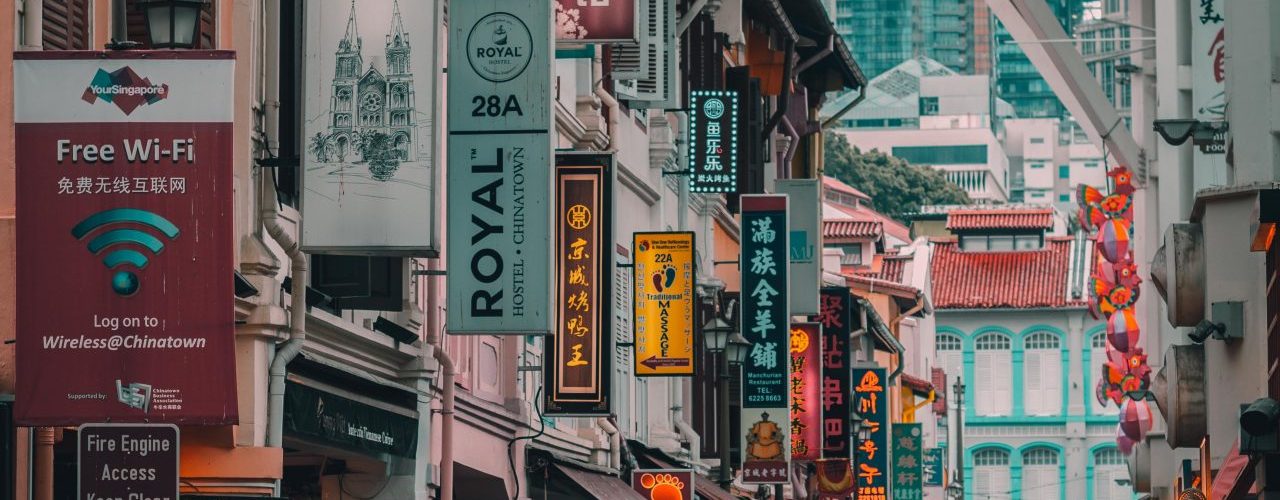1 Aim
1.1 This e-Tax Guide provides details on the GST exemption of investment gold,
silver and platinum. It is relevant to businesses that trade in physical gold,
silver and platinum (hereinafter referred to as “precious metals”).
1.2 This guide covers the following:
a) Definition of Investment precious metals (hereinafter referred to as
“IPM”);
b) GST treatment for the importation and supply of IPM;
c) Claiming of input tax incurred for precious metals trading businesses;
and
d) GST reporting for the importation, purchase and supply of IPM.
2 At a glance
2.1 The importation and local supply of IPM are exempt from GST1 while the
supply of IPM exported from Singapore is zero-rated.
2.2 Only precious metals in the form of a bar, ingot, wafer and coin which meet
certain criteria can qualify as IPM. To provide certainty, precious metal coins
that qualify as IPM are prescribed in the GST Act.
2.3 Precious metals which do not meet the criteria cannot qualify as IPM
(hereinafter referred to as “non-IPM”) and the supply of non-IPM continues to
be taxable. Examples of non-IPM are jewelry, scrap precious metals,
numismatic coins and precious metals which are refined by refiners who are
not on the ‘Good Delivery’ list of the London Bullion Market Association or the
London Platinum and Palladium Market.
2.4 To provide clarity to your customers and to differentiate exempt supplies of
IPM from taxable supplies of non-IPM, you are required to issue an invoice
with specific information for an exempt supply of IPM.
2.5 You need to attribute and apportion your input tax incurred to make exempt
supplies of IPM. Under the normal input tax claiming rules, the input tax
directly attributable to an exempt sale of IPM is not claimable and only the
portion of the residual input tax (e.g. office rental, utilities) that is attributable
to the making of taxable supplies is claimable.
Reverse charge
2.6 From 1 Jan 2020, if you are a GST-registered person2 who procures services
from overseas suppliers (“imported services”), you may be subject to reverse
charge if you are not entitled to full input tax credit or if you belong to a GST
group that is not entitled to full input tax credit. The application of reverse
charge will mean that you have to account for GST on the imported services
as if you are the supplier, except for certain services which are specifically
excluded from the scope of the reverse charge. You will also be entitled to
claim the corresponding GST as your input tax, subject to the normal input tax
recovery rules.
2.7 For more details on the scope of reverse charge, please refer to the e-Tax
guide “GST: Taxing imported services by way of reverse charge”
Source: gov.sg















